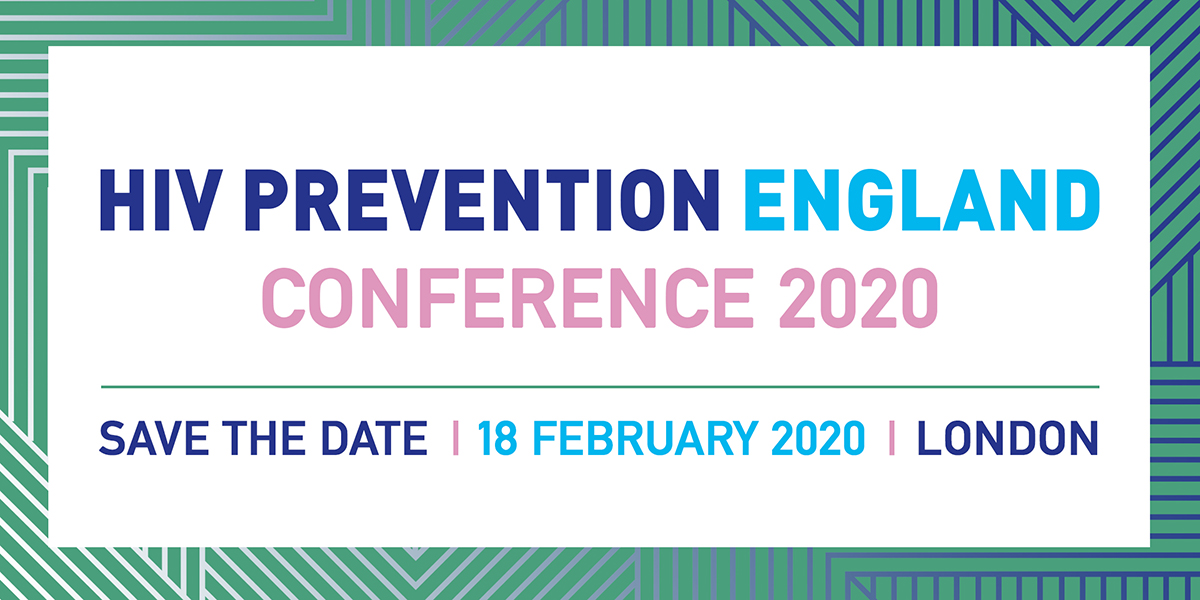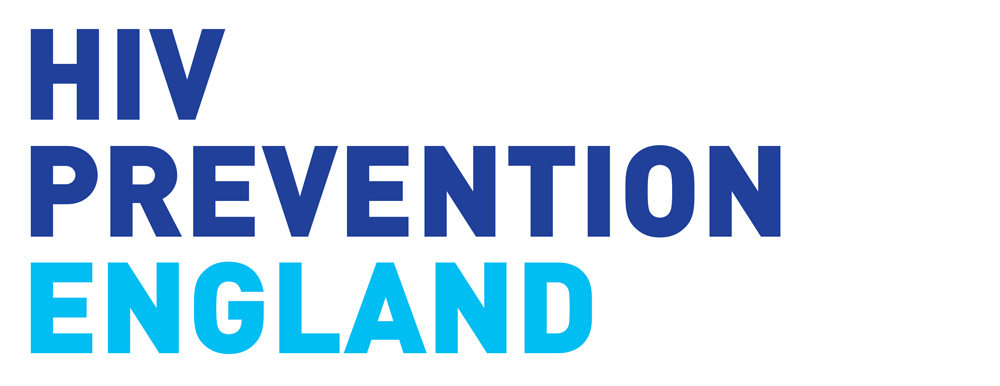Guest blog by Lorraine Stanley, Managing Director, Sex With A Difference CIC.
My carers arrived on time this morning. I’m feeling fresh as a daisy and ready for close encounters of the genital kind. Childcare for my two children is in place. I’ve carved out a couple of hours free from my mum, who is also my carer. She is fantastic support, but like any able-bodied person, I don’t fancy discussing my intimate sex life in front of my mother! My electric wheelchair is charged up, and I have psyched myself up for having my nether regions explored by a complete stranger.
It’s a lovely sunny day for a roll across the park, and the access ramp to the GUM clinic is a good one, with a buzzer entry phone system and a door release button. This is really important to me as my arm strength isn’t good, and I don’t have anyone with me to help with heavy doors.
Like most people with access needs, I checked the clinic’s website for accessibility information like ramps before I made the appointment. On one occasion, the intercom and doorbell were both broken when I arrived at my local GUM clinic. After resorting to banging on the door, a member of the public in the waiting room heard me and opened the door. For anyone already anxious about attending a clinic, and not wanting to draw attention to themselves, this might’ve proved to be the beginning and end of their appointment.
The waiting area is really welcoming, much more like a regular doctors or dentists waiting area – very different to the feel of a sexual health clinic 20 years ago, where you’d feel ‘dirty’ just by being there.
The receptionists are smiley and professional, and the forms simple enough to complete. The receptionist offers help in filling in the form if I need it. On a ‘brain fog/butterfingers’ type of day, I would take them up on this. Thankfully it’s a low-fog day, and I am able to hold the pen myself.
Everything is calm and relaxed as I wait. I’m a bit early, having allowed extra time for hazards, obstacles, and lifts that might not be working. After a short wait, I am shown into a good-sized examination room, with plenty of turning space for my wheelchair. Staff offer help, but don’t force me to accept it by taking over, or try to move my wheelchair without asking.
We manage to have a chuckle over some of my sexual activities – it turns out most people don’t use the term “recreational sex” in their appointment. I’m a swinger, as and when my health allows, so the conversation about how many times you’ve had sex in the last few months and whether it was with a man or woman, makes things a bit interesting (I happen to be bisexual too).
My life partner Mike (also a swinger) enters into the equation as well, and I explain that I use sexual activity and orgasms as a form of pain relief as much as I can – it reduces my reliance on prescription painkillers and their side-effects (also saving some money for the NHS!).
How samples are taken has changed over the years. I am able to swab myself with some physical support from the nurse. Throat swabs are taken, and blood tests for regular screening such as HIV. As a firm supporter of safer sex, I see this as being the responsible adult actions of a sexually active person.
We also talk about contraception, any follow-up tests that might be needed, and whether I prefer contact by email etc. It’s just the right amount of banter and laughter during the consultation, and I roll out of the appointment feeling very satisfied that all necessary topics were covered, and armed with several leaflets for further reading.
On this occasion, I didn’t have to use stirrups, or get on the examination couch, but it was brilliant to see that the clinic room had a full hoist set up, so if I had needed to transfer out of my wheelchair, it would have been possible.
With a cheery goodbye and a wave to the reception staff, I press the open door button and off home I roll…
Some points to ponder if you provide a sexual health service in your community
- On your website, do you provide access information regarding ramps; door access buttons/intercoms; induction loops; and how to request a sign language interpreter? Have you considered the needs of people with visual impairments?
- Not all disabilities or conditions are visible. Clients on the autistic spectrum, and clients with learning disabilities or anxiety related conditions would really appreciate some photos of the entrance set-up of your clinic/ the reception area/ the treatment room (including the wheelchair friendly room).
- Do you have a hoist with sling available for clients that may need to transfer out of a wheelchair onto an examination couch? If you do, have you made it clear on your website that they are in place? Have you provided the necessary staff training?
- If you have stirrups available, could you highlight this on your disability access page? Any client living with conditions affecting their muscle strength and control would welcome the option of using stirrups.
- Does your clinic have at least one treatment room that has plenty of wheelchair manoeuvring space? If you have, have you made it clear on your website? Bear in mind that some clients (myself included) use a large electric power chair, which needs more space than the standard self-propelled wheelchair. Providing room dimensions and the option to reserve this room would be even more welcome.
- Do you provide ‘extra-time appointments’ on request by disabled clients? The physicality of hoisting/ transferring to and from a wheelchair, or indeed, extra-processing time for people with communication processing conditions (hidden disabilities) can eat up appointment time. If you do, have you made it clear on your website?
- Your staff is your greatest asset when it comes to being disability-friendly. People that provide great service to clients in general are often disability-friendly by default. That great website that I keep mentioning? Highlight on it how welcoming and non-judgemental your staff are.
- Do you provide an outreach service? Some people with disabilities are house-bound. Do you have an option for providing sexual health services to them?
- As part of your leaflet displays, do you have any in easy-read format? People with learning disabilities find these simpler, picture-based leaflets more accessible.
- Find a way to self-check for unconscious bias within your team – yes, disabled people are just as likely as an able-bodied person to have sex/ have children/ be LGBTQI+. If there is a need for additional training, provide it.
- Do you have an independent living centre and/ or condition specific centres (like MS Society, Parkinson’s, etc) near you? Have a chat with them about displaying your leaflets in their venue, or even offering an information sharing session to them as part of a bigger event.
Find our further information on sex and disability at Sex With A Difference or by emailing [email protected].


